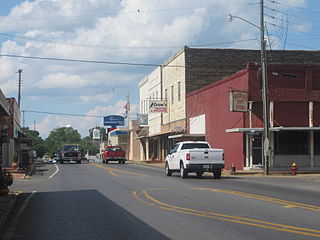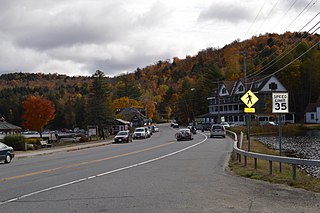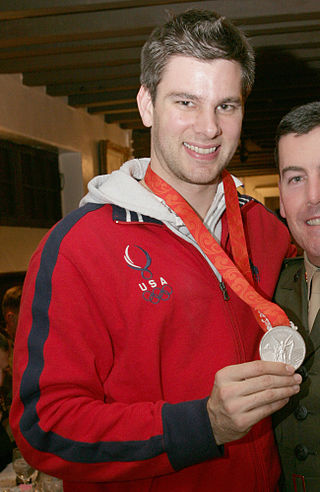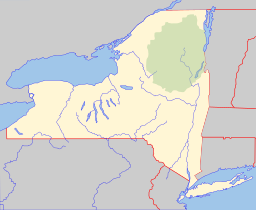
Morehouse Parish is a parish located in the U.S. state of Louisiana. As of the 2020 census, the population was 25,629. The parish seat is Bastrop. The parish was formed in 1844.

Bastrop is a city in Morehouse Parish, Louisiana. It is the parish seat of Morehouse Parish. The population was 11,365 at the 2010 census, a decrease of 1,623 from the 12,988 tabulation of 2000. The population of Bastrop is 73 percent African American. It is the principal city of and is included in the Bastrop, Louisiana Micropolitan Statistical Area, which is included in the Monroe-Bastrop, Louisiana Combined Statistical Area.

Farmerville is a town in and the parish seat of Union Parish, Louisiana, United States. It has also been known as Farmersville. The population was 3,860 at the 2010 census. It is part of the Monroe Metropolitan Statistical Area. The town is spread about Lake D'Arbonne, a popular fishing and boating waterway.

Morehouse is a city in New Madrid County, Missouri, United States. The population was 973 at the 2010 census.

Inlet is a town in Hamilton County, New York, United States. The population was 333 at the 2010 census. The name is derived from its location at the eastern end (inlet) of Fourth Lake, part of the Fulton Chain of Lakes.

Long Lake is a town in Hamilton County, New York, United States. The population was 791 at the 2020 census.

Morehouse is a town in Hamilton County, New York, United States. The population was 86 at the 2010 census. The name is that of an early developer, Andrew K. Morehouse.

Morehouse College is a private historically black men's liberal arts college in Atlanta, Georgia. Anchored by its main campus of 61 acres (25 ha) near downtown Atlanta, the college has a variety of residential dorms and academic buildings east of Ashview Heights. Along with Spelman College, Clark Atlanta University, and the Morehouse School of Medicine, the college is a member of the Atlanta University Center consortium. Founded by William Jefferson White in 1867 in response to the liberation of enslaved African-Americans following the American Civil War, Morehouse adopted a seminary university model and stressed religious instruction in the Baptist tradition. Throughout the late 1800s and early 1900s, the college experienced rapid, albeit financially unstable, institutional growth by establishing a liberal arts curriculum. The three-decade tenure of Benjamin Mays during the mid-20th century led to strengthened finances, an enrollment boom, and increased academic competitiveness. The college has played a key role in the development of the civil rights movement and racial equality in the United States.

The Atlanta University Center Consortium (AUC Consortium) is the oldest and largest contiguous consortium of African-American higher education institutions in the United States. The center consists of four historically black colleges and universities (HBCUs) in southwest Atlanta, Georgia: Clark Atlanta University, Spelman College, Morehouse College, and the Morehouse School of Medicine. The consortium structure allows for students to cross-register at the other institutions in order to attain a broader collegiate experience. They also share the Robert W. Woodruff Library, a dual degree engineering program, and career planning and placement services.

Morehouse School of Medicine (MSM) is a private medical school in Atlanta, Georgia. Originally a part of Morehouse College, the school became independent in 1981.

The Interdenominational Theological Center (ITC) is a consortium of five predominantly African-American denominational Christian seminaries in Atlanta, Georgia, operating together as a professional graduate school of theology. It is the largest free-standing African-American theological school in the United States.

Samuel Thomas Baird was a U.S. Representative from Louisiana.

Timothy Frank Morehouse is an American fencer who won a Silver Medal competing in the men's sabre as a member of the United States fencing team at the 2008 Summer Olympics in Beijing. Morehouse is coached by Yury Gelman. He is the founder of the Fencing in the Schools program.
The Episcopal Diocese of Western Colorado was a diocese of the Episcopal Church in the United States of America from 1892 to 1898 and from 1907 to 1919.
Hunter Hills is a neighborhood located west of downtown Atlanta, Georgia, United States. Its motto, "One Community, One Family", has been its cornerstone since 2001. The neighborhood is encompassed in the 30314 zip code. Hunter Hills shares borders with Mozley Park, Dixie Hills and West Lake neighborhoods. The neighborhood rests just inside Atlanta's perimeter highway I-285, and U.S. Route 78. The schools that serve the neighborhood are Stanton Elementary, Carter G. Woodson Elementary School, Ron Clark Academy, Herndon Elementary and Washington High School, and the Atlanta Job Corps. City of Refuge, a community-based 501(c)(3) non-profit, was established on the 1300 block of Joseph E. Boone Blvd. in 2003 and helps to bring transformation to individuals and families through services including housing, health and wellness, vocational training, and youth development.

Joseph Jerome Farris was a United States circuit judge of the United States Court of Appeals for the Ninth Circuit.

This is a list of the National Register of Historic Places listings in Morehouse Parish, Louisiana.
Hoffmeister is a hamlet in the town of Morehouse, Hamilton County, New York, United States. The community is located along New York State Route 8, 16.3 miles (26.2 km) west-southwest of Lake Pleasant. Hoffmeister has a post office with ZIP code 13353, which opened on September 19, 1900.

Filmore Watt Daniels [sic] and Thomas F. Richards [sic] were lynched near Mer Rouge, Morehouse Parish, Louisiana by black robed Ku Klux Klan members on August 24, 1922. According to the United States Senate Committee on the Judiciary they were the 47th and 48th of 61 lynchings during 1922 in the United States. There were five lynchings in the state of Louisiana and of the 61 lynchings they were 2 of 6 white victims.

















